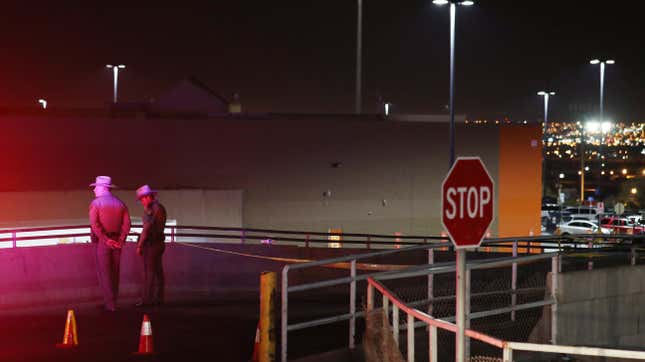

Among the most chilling details to emerge from the coverage of the deadly mass shooting in El Paso, Texas, were reports that some survivors and families were not seeking out medical assistance because they feared being detained by Immigration and Customs Enforcement. “Heard rumors that some El Paso victims drove themselves home because they were scared of ICE,” Cynthia R. Lopez, an El Paso-based immigration attorny, tweeted on Saturday. “This is a concern,” Juliette Kayyem, a former assistant secretary of the Homeland Security Department, told CNN. “It’s clear that there’s people that are not unifying with their family and that there are people they’re worried are injured that did not go to hospitals likely because of their immigration status.”
At a time when the president announces massive raids over Twitter and ICE agents have publicly detained people in hospitals and courthouses, the fear of getting caught in ICE’s web can inform every choice an undocumented person makes in a day. During a series of raids earlier this summer, some undocumented families stayed home because they calculated that the risk of stepping outside was too high. Reports circulated that pregnant people were skipping doctor’s appointments, parents were keeping their children indoors, and otherwise interrupting their lives as a means of fragile protection. Immigrants are forced to live in hiding lead a compartmentalized existence in general; in the wake of the El Paso shooting, the reality of that compartmentalization feels that much more excruciating.
-

-

-

-

-

-

-

-

-

-

-

-

-

-

-

-

-

-

-

-

-

-

-

-

-

-

-

-

-

-

-

-

-

-

-

-

-

-

-

-








































